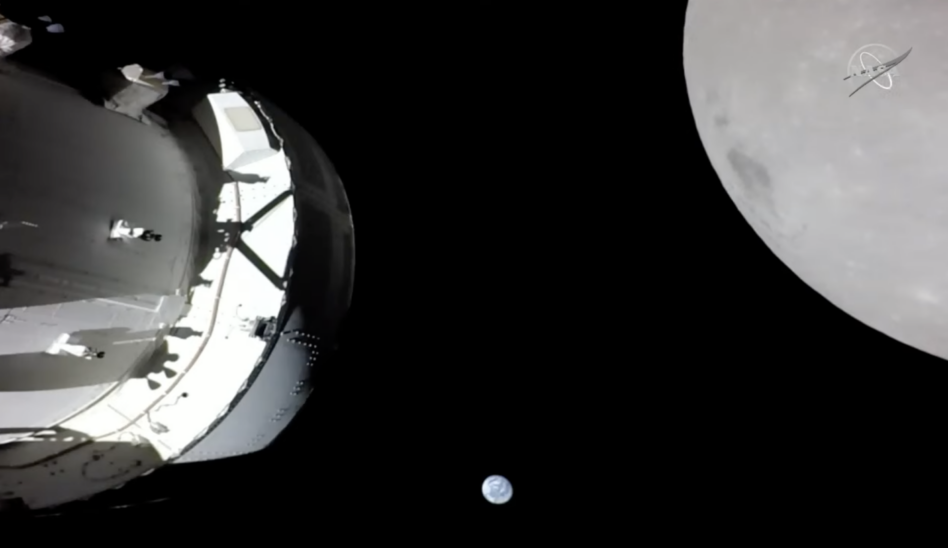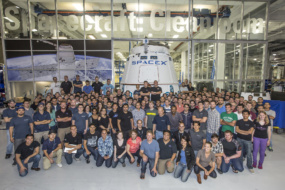A stealth startup led by a who’s who of veteran space executives is beginning to stir.
Interlune, an in-space resource mining startup operating in stealth, has secured $15.6M of funding and is targeting an additional $2.1M, as revealed in a recent SEC filing first reported by TechCrunch.
The Seattle-based business is led by Blue Origin’s former long-time president Rob Meyerson, and counts Blue Origin’s ex-chief architect Gary Lai and former Rocket Lab EVP Indra Hornsby as cofounders.
Shhhh: The company was founded in 2020 and has operated in hush-hush ever since. While details on the venture are scant, the company’s website describes the startup as “harvesting natural resources from space to benefit Earth and establish an in-space economy.”
Panning for regolith: One of the company’s projects is lunar regolith sorting. Interlune won an SBIR Phase I award last year to develop and demo tech that can sort lunar regolith by size for oxygen extraction systems and 3D printing on the Moon.
- The proposed system would be more reliable and have 5x lower mass than traditional sieves.
- The tech plans to use centrifugal motion to guide the particles through a screen.
The company also hopes to mine lunar resources for use on Earth.
In-situ: Living off the land is key to NASA’s goal of establishing a permanent lunar settlement. NASA has targeted setting up camp at the lunar south pole, a region that may contain water ice deposits that could be extracted for various life support applications. Other companies, like Austin-based ICON, are developing technologies to use lunar regolith for in-situ manufacturing. ICON won a $57.2M NASA contract in 2022 to 3D print large-scale habitats on the Moon using lunar regolith.




